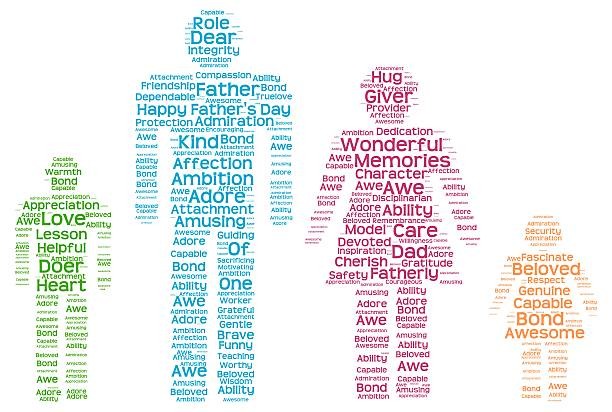The Power of Descriptive Language
Adjectives used to characterise a person assist in defining who they are fundamentally, not only language tools. Whether someone is bold in their convictions, giving in spirit, or exacting in their conduct, the terms we use to define human behaviour reveal personality, temperament, and even decision-making style. These adjectives to describe a person shape our impressions of persons and help us to convey to the surroundings the core of their nature.
Contrasting Extremes: Bold vs. Bashful
Consider the term bold here. It makes one picture someone brave, ready to face difficulties without a second thought. Not because they want attention, but rather because their confidence naturally attracts others, bold people often stand out in a crowd. On the other side of the spectrum is bashful—someone who might be quiet or restrained but whose silence has depth and compassion. Though basic, these descriptors expose aspects of personality sometimes missed in daily contacts.
Emotional Depth and Social Appeal
There are also adjectives like compassionate that draw attention to someone’s capacity for empathy and concern. A compassionate person actively seeks to reduce the suffering of others; they do not only understand it. In intimate interactions, caring professions, and leadership positions where emotional intelligence counts, this quality is greatly prized. Likewise, someone said to be charismatic energises a room with their words and presence, so easily captivating others. Though difficult to describe scientifically, charisma is readily apparent in daily life.
The Role of Flaws in Personality
Human qualities are not always good; hence, the adjectives we use capture that truth. One may be stubborn, which, depending on circumstances, can be both a strength and a drawback. Though it might signify resolve, stubbornness can also point to reluctance to change. Conversely, someone may seem aloof, implying emotional detachment or a propensity to keep others at arm’s length. Although some value this independence, others could see it as coldness.
Character Traits that Build Trust
Then some words speak to someone’s moral nature. In professional environments, where credibility is essential, honest, dependable, and ethical are words regularly employed. Though less ostentatious than charming or daring, these qualities are the cornerstone of deep connections and long-term reputation. Adjectives like impulsive or manipulative, on the other hand, emphasise actions that could lead to conflict, even if they sometimes have strategic goals.
A Blend of Qualities Makes Us Unique
Human nature’s complexity means that humans sometimes exhibit several qualities at once. Someone might be creative and pragmatic, able to dream big and effectively carry out ideas. Others might be quiet observers who interact with people on a deeper level, yet they are introverted and incredibly intelligent. Every person is different because of this mix of positive, negative, and all in between qualities.
Finally, adjectives to describe a person are crucial instruments for capturing the subtleties of personality since they define a person. From forceful to subdued, every word gives the human experience richness and colour. Understanding and applying these descriptions deliberately helps us to appreciate the variety of characteristics that distinguish each of us.






